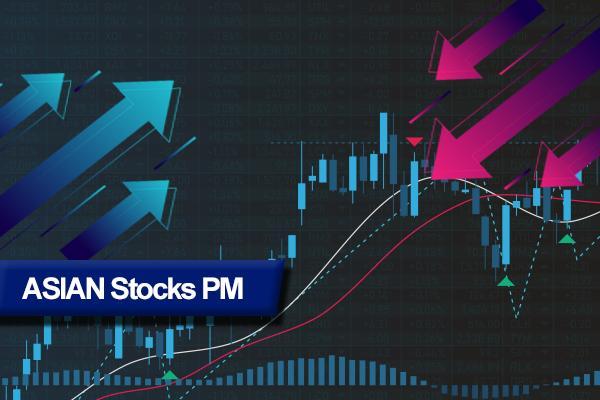
SEOUL, October 29 (AJP) - Major Asian stock markets closed with mixed results on Wednesday, as investors weighed optimism over technology earnings against caution ahead of a high-stakes meeting between U.S. President Donald Trump and Chinese President Xi Jinping.
In South Korea, the benchmark KOSPI index rose 2 percent to close at 3,921.52, led by gains in semiconductor giants Samsung Electronics and SK hynix. Both extended their recent rally amid renewed hopes that Washington might ease export restrictions on advanced chips. Strong quarterly results from the two companies further fueled the surge, lifting the broader technology sector.
Japan’s Nikkei 225 advanced 1.3 percent to 49,282.19, supported by expectations of additional fiscal stimulus from Tokyo. Industrial and tech stocks led the advance, echoing Wall Street’s recent momentum driven by developments in artificial intelligence.
In Taiwan, the TAIEX index slipped 0.4 percent to 24,388.21 as investors took profits following recent strong gains in chipmakers. Despite the modest retreat, analysts noted that Taiwan’s semiconductor industry remains a vital pillar of the global supply chain.
Hong Kong’s Hang Seng Index climbed 0.7 percent to 25,967.98, buoyed by property and industrial shares. Investors there also appeared cautiously optimistic, awaiting clarity from the ongoing U.S.-China trade discussions.
By contrast, India’s benchmark BSE Sensex and NSE Nifty 50 each fell 0.3 percent, to 84,301 and 25,817 respectively. Weaker banking and consumer goods stocks weighed on the market, as sentiment cooled amid concerns over a possible new U.S. trade probe into China and rising crude oil prices that could stoke inflation pressures.
Across the region, traders are keeping a close watch on the Trump-Xi meeting, which could shape the next phase of global trade relations and influence monetary and fiscal strategies across Asia’s export-driven economies.
Copyright ⓒ Aju Press All rights reserved.



